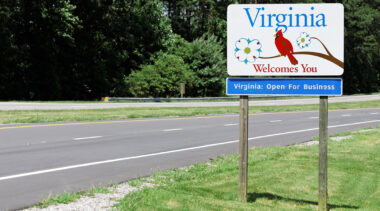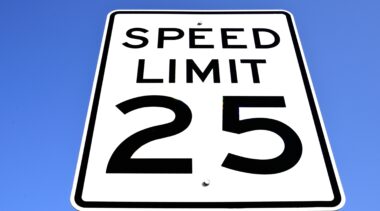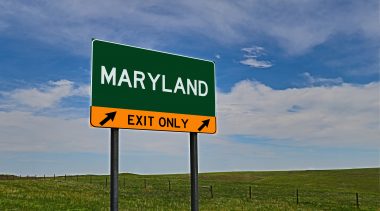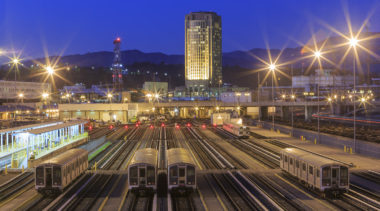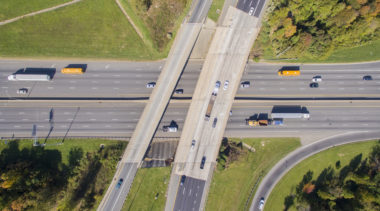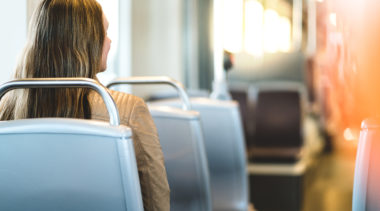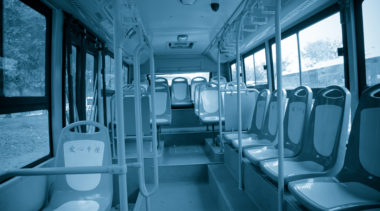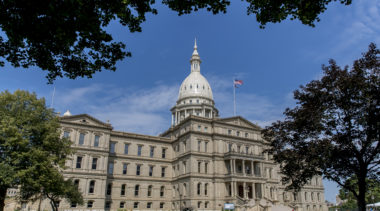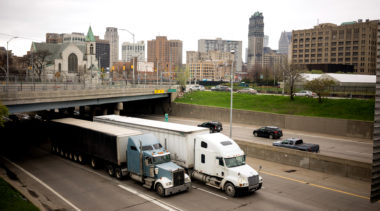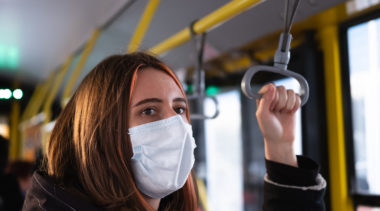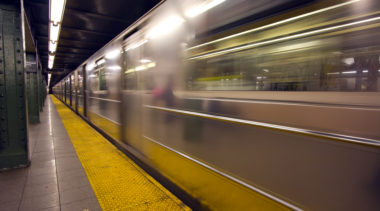Baruch Feigenbaum is senior managing director of transportation policy at Reason Foundation.
Feigenbaum has a diverse background researching and implementing transportation issues including revenue and finance, public-private partnerships, highways, transit, high-speed rail, ports, intelligent transportation systems, land use, and local policymaking. Prior to joining Reason, Feigenbaum handled transportation issues on Capitol Hill for Rep. Lynn Westmoreland.
Feigenbaum is a member of the Transportation Research Board Bus Transit Systems and Intelligent Transportation Systems Committees. He is vice president of programming for the Transportation and Research Forum Washington Chapter, a reviewer for the Journal of the American Planning Association (JAPA), and a contributor to Planetizen. He has appeared on NBC Nightly News and CNBC. His work has been featured in the Washington Post, The Wall Street Journal and numerous other publications.
Feigenbaum earned his master's degree in Transportation Planning with a focus in engineering from the Georgia Institute of Technology.
-
Should the Pandemic Cause Virginia to Revisit Its $3.7 Billion Rail Plan?
Virginia needs to prioritize its resources to fund the transportation projects that offer commuters and taxpayers the biggest bang for their buck.
-
Debatable Ideas: Examining Key Transportation Issues, Myths and Misconceptions
In this series, Reason's transportation policy analysts examine key infrastructure issues, including common myths and misconceptions found in today's policy debates.
-
Do Lower Speed Limits Make Roadways Safer?
Part four of Reason's Debatable Ideas series examines the best practices for setting speed limits, especially on urban arterials.
-
Help Solve Transit Deserts by Investing in Bus Service
Using the cost-per-trip metric would help reward transit agencies with high ridership and low costs, which should be a goal of any government program.
-
How Do High-Occupancy Toll Lanes Benefit All Income Groups?
In part one, Reason's Debatable Ideas series examines common myths and concerns about HOT lanes and how drivers, transit riders, and cities can benefit from them.
-
Maryland Tolling Project Faces Challenges From Environmental Opponents
Opponents of Maryland's I-270/I-495 managed lanes project are filing lawsuits designed to derail the public-private partnership.
-
Michigan Wisely Looks to Tolling to Help Finance Road and Bridge Repairs
Tolling can be used as an effective tool and sustainable revenue source to help meet the state's transportation needs.
-
Despite Big Spending, California’s Highway System Ranks Among Worst in the Nation
California’s highways rank 43rd in the nation in overall cost-effectiveness and condition, according to Reason Foundation’s 25th Annual Highway Report.
-
Suburban Atlanta Voters Rejected a Tax Increase for Mass Transit, Again
Voters rejected a one percent sales tax increase for transit expansion for the second time in two years.
-
Austin’s Voters Chose a Bad Time To Approve Costly New Rail Lines
The voter-approved Proposition A permanently increases the city’s property tax rate to fund a $7.1 billion mass transit system.
-
Los Angeles Metro’s Long-Term Plan Doesn’t Effectively Improve Transportation or Plan for Future
In 2019, fewer than 5 percent of LA commuters used mass transit. Yet, Metro's plan spends $80 billion on new transit capital construction.
-
Congress Needs to Get Serious About Enabling Tolling So States Can Rebuild Highways
Congress should unlock an important funding option that can be implemented with some common-sense guardrails to protect taxpayers.
-
How Contracting Improves the Service Quality and Accountability of Mass Transit
Contracting deploys a robust set of tools to improve the service quality of mass transit systems.
-
Private Buses and Jitneys Are Trying to Fill a Market Need
Private jitney buses in New Jersey are cheaper, faster and more accessible than public transit for some communities.
-
Michigan Enacts Comprehensive Tolling Study
The law could provide a long-term solution to funding and modernizing Michigan’s highways, which are in poor condition
-
Michigan Moves to Study Interstate Tolling As Way to Improve Highways
Tolling study should lead Michigan to develop sustainable funding streams for the highway infrastructure the state needs.
-
In Coping With the Coronavirus Pandemic, Mass Transit Agencies May Need to Reinvent Themselves
Transit ridership had been declining for several years before coronavirus, and now the pandemic promises to challenge these systems for months to come, if not permanently.
-
The CARES Act Funding for Transit Needs Oversight to Prevent Waste and Abuse
Congress has provided transit agencies with a massive windfall during the coronavirus pandemic, it now needs to conduct vigorous oversight of that spending.
